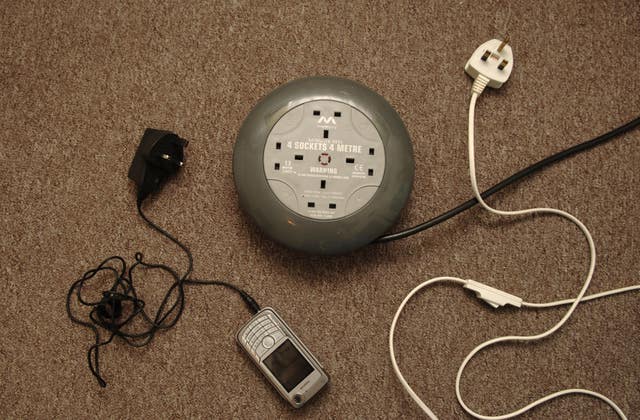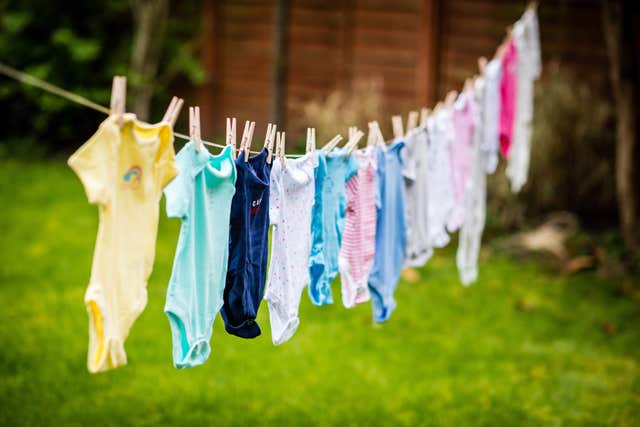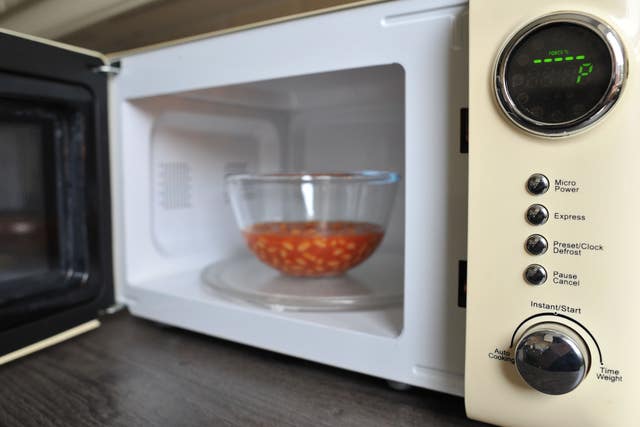The cost-of-living crisis is making many people feel as if they’ve suddenly lost control of their finances. However. there are a lot of things you can do around your home to save money.
Here is a rundown of the action you can take around the house today to immediately start bringing down the bills.
Unplug anything you don’t need
Energy bills have risen by 54%, direct debits have soared and households are feeling it – even now that many have switched off the central heating.
Electricity is also very expensive and it’s worth taking a few minutes to go from room to room, checking what’s plugged in and what can be switched off.

This writer found a lawnmower battery charging at the back of a shelf in the garage – possibly since last summer. The bedrooms of children are also likely to harbour devices plugged in and forgotten. It may save just pennies now but they’ll soon add up and energy bills are only going in one direction.
It may not be feasible to switch off the TV at the wall every night – and it won’t even save much money in the grand scheme of things – but one appliance that is doing your energy bills no favours is a second fridge or freezer, especially if it’s kept in the garage. They are likely to be older and therefore less energy efficient to start with, and the lack of insulation out there may end up forcing it to work harder just to keep the contents cold. If possible, get rid of it.
Use your appliances more sparingly and efficiently
Always make sure the washing machine and dishwasher are full before using them and check the settings.
Sarah Coles, senior personal finance analyst at Hargreaves Lansdown, said: “One of the easiest ways to save money is to dig out the manuals for things like the dishwasher and washing machine. We tend to use the same couple of cycles without thinking about it, but most of the energy is used in heating the water, so if you can track down an eco wash, or a cold wash, you can shave a fifth of the energy use each time.”
Only boil as much water in the kettle as you need each time and don’t use larger pots on the hob than required, remembering to cover pans with a lid to keep the heat in.
Commit to ditching the clothes dryer. When sun is forecast, get a load of washing in the machine the day before and hang it out to dry.

And now that we’re moving towards summer, on chilly days follow the mantra “Heat the human, not the home.”
Back to the cooker …
There are lots of ways to cut down on using the cooker, while also saving on food costs.
Slow cookers can help with cheap batch cooking, when you prepare enough for a meal that day, a few days ahead and also for freezing. It will also economise the supermarket shop and possibly even cut the temptation to order a takeaway on busy days.
Those who own a microwave could consider using it for long cooker jobs such as baking potatoes – they take a fraction of the time and will cost less to use, despite their high wattage.

Cut food waste
Know where to store food such as bananas, eggs and bread to avoid wasting food and know the difference between ‘use by’ and ‘best before’ dates.
A recent Wrap study found that uncut fresh produce could be good to eat long after the best before date, and most items lasted longer in the fridge.
When stored at 4°C, apples showed no signs of deterioration until two and a half months after their best before date and were still good to eat for some time after that, researchers found.
And cut back on water too
Water companies offer a range of free water-gadgets via water efficiency site Save Water Save Money, including shower heads, tap inserts and garden hose nozzles.
And this tip for family members who luxuriate in long, hot showers: One easy way to cut this down is to get them to listen to music while they shower. Agree a four-minute song they can shower to, and when the last note finishes, they need to get out.




Comments: Our rules
We want our comments to be a lively and valuable part of our community - a place where readers can debate and engage with the most important local issues. The ability to comment on our stories is a privilege, not a right, however, and that privilege may be withdrawn if it is abused or misused.
Please report any comments that break our rules.
Read the rules here